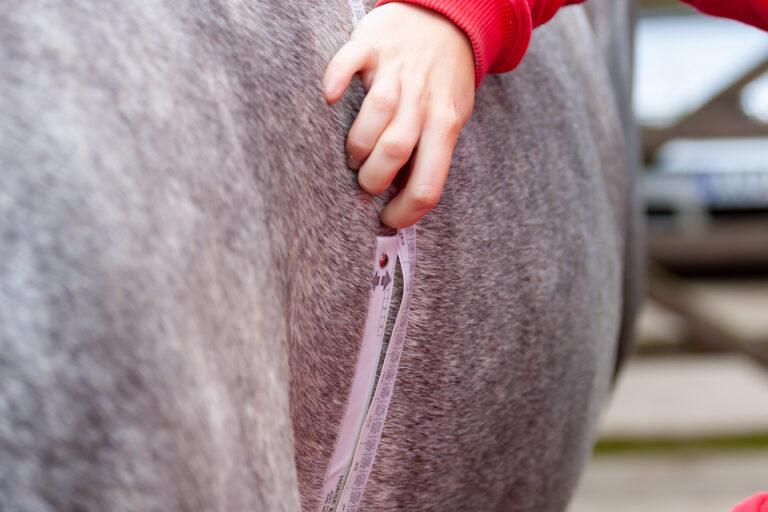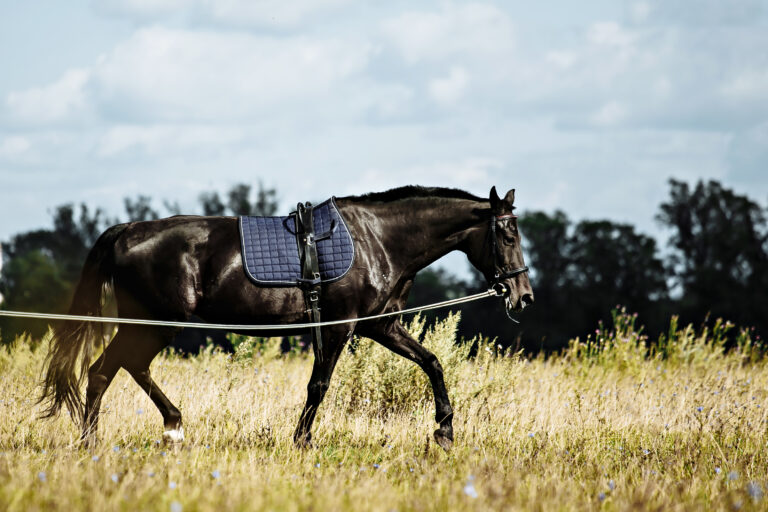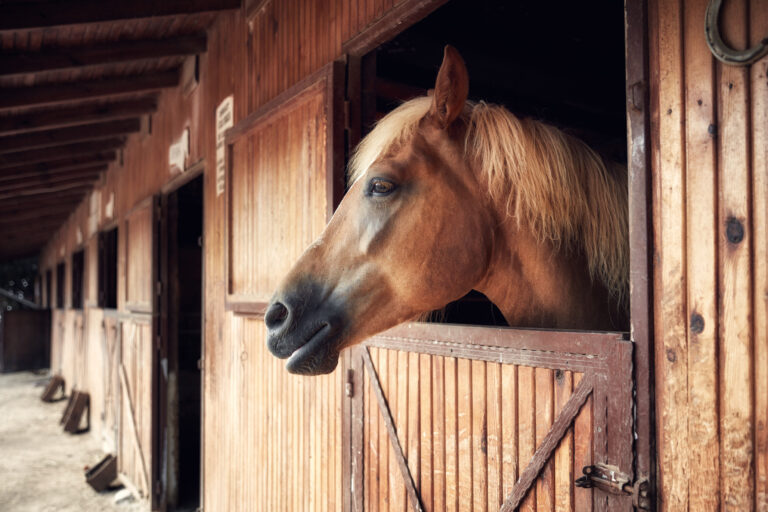The latest Ebola outbreak was officially declared over in January this year. However, according to Dr. Glenn Marsh from CSIRO Health and Biosecurity, more research is needed if we are going to avoid further disease outbreak, which similar to this recent outbreak could occur in a new geographic region at any time.
Marsh will be speaking at the Australian Veterinary Association (AVA) Annual Conference next week about Ebolavirus and the role of veterinarians in advancing our understanding of how the virus is transmitted and ways to prevent another outbreak.
“Ebolavirus is a type of filovirus and it is a very scary disease. It is fatal in many cases so it’s important that we continue to find out as much as we can about the disease and develop best practice around ways to prevent and treat it.
“One thing we do know for certain is that bats are known to transmit a range of diseases including Ebolavirus. Australia’s bat fauna is diverse and bats can be found all over the country so that’s a major concern in terms of emerging infectious diseases.
“The natural reservoir for Ebolavirus is bats, with humans being infected by direct contact with infected bats or other animals or their body fluids. Human-to-human transmission occurs with direct contact with the blood or fluids of infected people.
“M. schrebersii is a bat species that has tested positive for filoviruses in Europe and Asia. From an Australian perspective, M. schrebersii is a bat species found here. So Australia, much like most other parts of the world, is at risk of a disease outbreak whether it be Ebolavirus or another type of filovirus,” Marsh said.
According to Marsh, further studies in bats globally is necessary to determine the range of filoviruses in bats and the types of viruses present.
“Veterinarians are in the best position to shine more light on the types of filoviruses present in bats and the way they are transmitted to both animals and humans. More knowledge of where the diseases start, will enable us to develop preventive strategies to ensure the world does not encounter another outbreak like we saw in Africa recently,” he said.
The Australian Veterinary Association Conference and trade exhibition is being held 22-27 May at the Adelaide Convention Centre. For further information and requests for interviews contact the AVA media office on (02) 9431 5062, 0439 628 898 or media@ava.com.au. The Australian Veterinary Association (AVA) is the only national association representing veterinarians in Australia. Founded in 1921, the AVA today represents 7500 members working in all areas of animal science, health and welfare.




